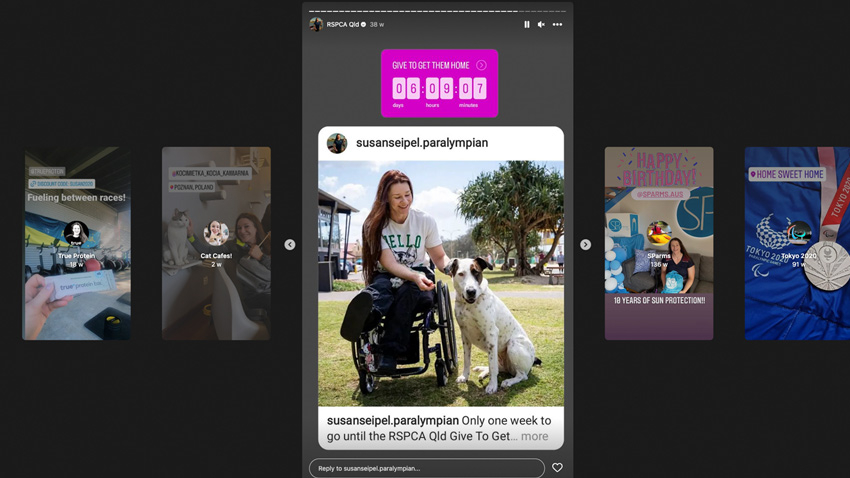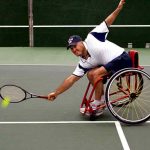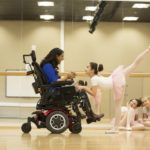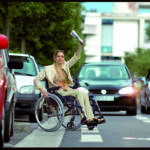Social Media And Disability Activism

There are both positive and negative aspects to using social media platforms such as Twitter, Facebook, and Instagram.
A few of the problems reported include bullying, hacking, promoting risk-taking behaviours, and unrealistic expectations/pressures from comparisons, all of which can be detrimental to mental health. However, in this article I want to highlight some of the advantages of social media in terms of facilitating the exchanging of ideas/information, international community connection, and activism.
While mainstream media usually likes to promote ‘inspirational’ stories of people overcoming their disabilities. Social media which is driven by people living with disabilities gives them the opportunity to take control of the narrative and share lived experiences. Many posts are focused on educating others on day-to-day life experiences and tips such as wheelchair skills and how to transfer. These types of posts help show what having a disability is really like and challenge negative stereotypes.
Social media is a global network that connects communities.
I have a rare disability, so I have loved finding and following other people with my condition from all over the world. Rare disabilities can be very isolating so it is powerful to know you are not alone and there are others just like you!
Some posts on social media aim to create awareness of systemic inequalities in society. This type of activism can gain the attention of mainstream media and relies on sharing posts to highlight problems. One of the current issues I have been following is the experiences of people with disabilities travelling on airlines.
Many wheelchair users have had very bad experiences on planes including not having access to the bathroom during flights and having their disability equipment damaged. These are widespread institutional problems due to failures in the system, from lack of staff training to inadequate aviation policies and regulations. Hopefully, with continued activism, these issues can be addressed.
While there are downsides to social media, please share any positive experiences you have encountered using social media in the comment section.
About the Author:
Susan Seipel is a diverse para-athlete with a background in swimming, and equestrian, and is a triple World Champion in the sport of Paracanoe.
She won a bronze medal at the 2016 Rio Paralympic Games and was the first Australian in history to win a medal in Paracanoe at the Paralympic level. At the 2020 Tokyo Paralympic Games, Susan won a silver medal in the inaugural women’s canoe event. She is currently training for Paris 2024.
Outside of sports, Susan is a proud ambassador for RSPCA Queensland and is passionate about animal welfare. She is also studying Psychology at university.






